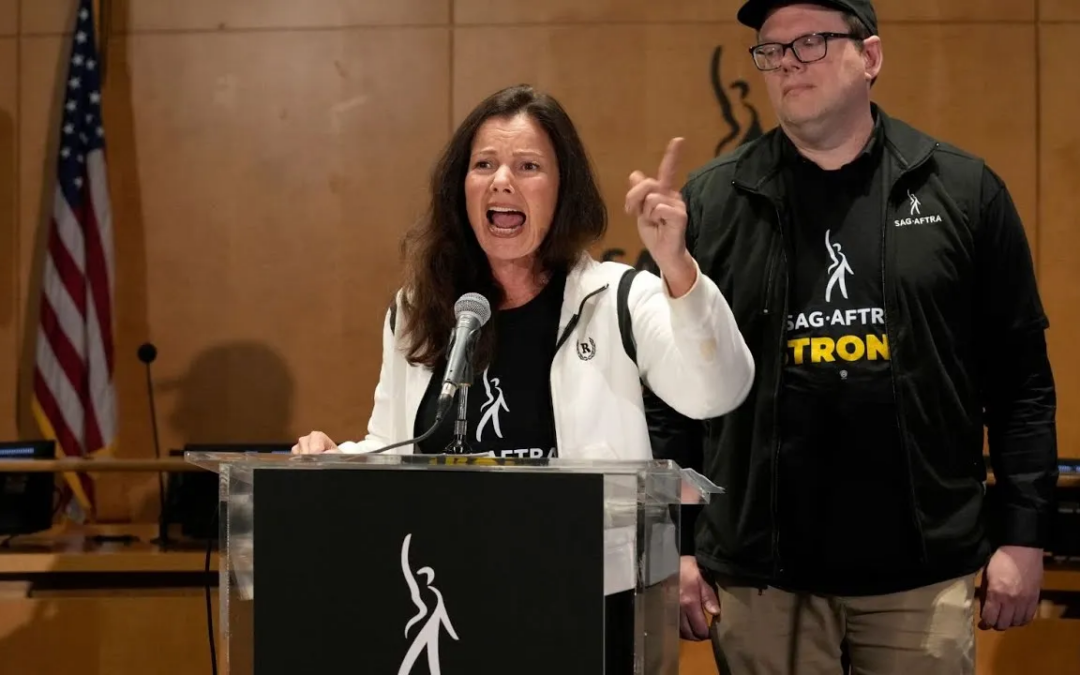If your team has any one of the five dysfunctions above, you’ve got an open wound inside your organization. A wound that you must attend to and heal.
I’m No Nurse, There Must Be An Easier Way
“Holding people accountable has about as much appeal as holding people hostage,” says Greg Bustin, a Dallas-based executive coach and author of Accountability: The Key to Driving A High-Performance Culture.
“In some people’s minds, accountability is synonymous with finger-pointing, the blame game,” he said. “Yet accountability is actually a support system built on trust. It’s about figuring out what we need to do and making our commitment to live up to it.”
Accountability is built on trust. Bustin also highlights commitment. That’s two of Lencioni’s five dysfunctions in one smart sentence!
Healthy Teams Make Progress and A Difference
Working conditions for today’s thought workers are not ideal. The conditions are not ideal because functional teams are created with intention by design. In other words, you must badly want to create exceptional teamwork and the efficiencies that flow from it, for it to have any chance of occurring.
Sadly, the operative framework in modern-day marketing organizations—to offer one primary and painful example—is the funnel. Isn’t it? The emphasis is not on healthy teams, and of equal importance, it’s not on taking good care of the customer. The emphasis is on chasing data dragons.
“The funnel” is a non-descriptive way of saying we very much would love to send you as much email as you can possibly tolerate. Where there was the art of relationship marketing, there’s now the weak science of digital microtargeting masquerading as spam. Which is a long-winded way of saying that things are seriously out-of-focus, and they have been for so long that we’ve adjusted our eyes to The New Blurry.
What Happens When You Focus On Healthy Teams
Dysfunctional teams brew a toxic workplace culture where bad habits compound into multiple headaches for everyone. Working late and again on the weekends, dealing with petty jealousies, constant backchanneling, poor leadership, no transparency, and so many other unreal expectations that confront today’s laborer, is no way to uplift people, companies, or brands.
By putting your team’s dysfunctions under glass, it lets you open up new avenues for prosperity to grow, and prosperity is the mother of generosity. When you make these conscious moves, you also shift into an “abundance mindset” and leave “scarcity mindset” behind.
Dynamic Teams Make the Best Work
One person with a lot of great ideas can act as an engine for the creative team, but it’s the team/crew/band that adopts the ideas, challenges them, reshapes them, and finally brings them to life. Therefore, the talented individual is only as good as the team she’s on.
People often wonder why so much crap gets made and why it sells. Lack of talent and absence of taste are two possibilities, but I don’t think they’re the culprits. I’ve worked in the ad agency business for 25 years and the great majority of people I’ve been around are smart and come to the table with good ideas. However, without a functional team to protect and advance their unpolished gems, their big ideas never make it into production.
Enter the Consultant \ Coach \ Guide \ Advisor
Think about how you see yourself in the mirror and in photographs. It’s human to stretch or bend reality to our liking. We don’t want to see all the flaws, we want to see our strongest features and we learn to show those to the world while hiding our personal scars and blemishes. The same holds for how we view our companies and our brands. We see the bad sides, but we either look away or learn to cover those up.
An astute and practiced outside observer sees things as they are, and this makes them/us/me valuable observers of objective reality. It’s a point of view worth acquiring, but it takes bravery and a new degree of openness. No one wants to be audited and a good outside observer will do just that, but do it in a way that feels supportive and kind. Everyone makes mistakes until they see or are shown another way. It’s not about judgment, it’s about honest assessments that lead to improved performance.
Obfuscation and rancid behavior are common on the job in so many fields, but it needn’t be that way. If your goal is to achieve great things, it can’t be that way. If you’re honest with yourself, you can see your way to a better you and better teamwork. It’s going to take a better you to uplift the team and get everyone on a trust and accountability page. It’s my contention that whatever pain and effort are required to get there is well worth it. Breaking old or bad habits is not fun, but the results are sweet.
To begin now, perform an accountability self-assessment. Ask yourself who and what you are accountable to and where you might improve. Then turn the lens on your current and past teams. We’ve all been on bad teams. Some of us are on bad teams now. Change is a process, and to get the process rolling it takes motivation and tools. The motivation can’t be supplied by anyone but you. The tools and people to help you use them are plenty available for the betterment of self and team, which ripples out and helps make a better world. Here’s to doing our part!


